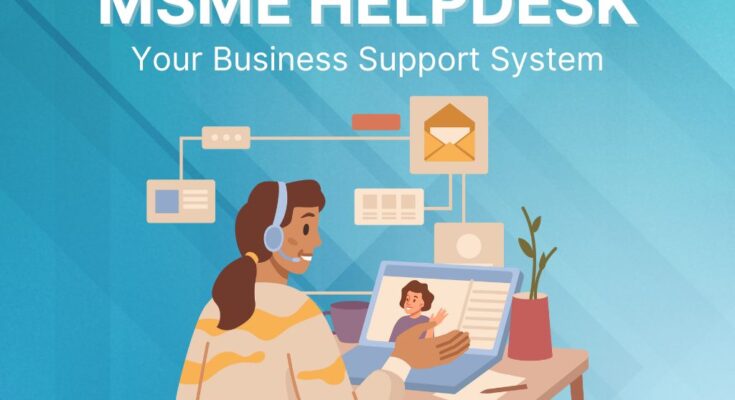Micro, small, and medium-sized enterprises (commonly abbreviated to MSMEs) are responsible for more than two-thirds of all jobs worldwide. Typically SMEs have fewer than 250 employees. In many countries, more than 90% of all enterprises can be classed as SMEs, and a large share of those can be classed as micro firms, with fewer than ten employees.
Across all countries, SMEs do more than create employment. They are also engines of economic growth and social development. In most OECD countries, SMEs contribute more than 50% of GDP; some global estimates put this figure as high as 70%. This contribution varies across sectors and is particularly high in the service industry, where SMEs account for 60% or more of GDP in nearly all OECD countries. They also account for the majority of new job creation despite providing a huge share of global employment. SMEs are also more likely to hire from groups with lower chances of finding employment such as young people, older workers, and less-skilled workers.
SMEs are crucial to the future of work, not just for employment creation and economic growth, but also to drive innovation and competition in markets. But large enterprises can invest more in training and equipment, pay higher wages, and offer better working conditions, and so outmatch SMEs when it comes to productivity and quality of employment.
Despite being the largest contributor to economic development in any country, SMEs still face major challenges when it comes to working conditions, productivity, and informality. In developing countries, this productivity gap leads to low-income generation, informality, and poor growth performance. To close the gap, we must first understand the problems faced by SMEs, both from the perspective of employers and employees and in the context of broader challenges facing the world of work.
A few of the key challenges faced by MSMEs are:
Regulatory Environment:- Needlessly complex and unpredictable rules, regulations, and support structures create barriers for small firms and impede their growth.
Access to Finance:- SMEs frequently face higher transaction costs and interest rates than large enterprises, limiting their ability to obtain external financing.
Skill Shortages:- SMEs suffer skill shortages at managerial and workforce levels. Lack of resources, knowledge, and fear of poaching means that SMEs are less likely to invest in workforce training.
Access to Infrastructure:- Small firms often cannot access basic infrastructure, such as clean water, roads, and electricity. They are also often excluded from business and employer networks and do not have the resources to make use of new digital technologies.
It’s not MSMEs but their employees who face many challenges. SMEs score lower on most aspects of employment quality when compared to larger enterprises. For their employees, the biggest challenges include:
Lower Wages:- SMEs score lower on most aspects of employment quality when compared to larger enterprises. Employees are paid less for the same work in comparison to their peers working with large corporate houses.
Poor occupational safety and health:- Research finds that work environments are more hazardous in small enterprises than in large ones.
MSME HelpDesk is a platform that empowers micro, small, and medium business owners to overcome challenges through awareness, leverage whatever grants, schemes, and subsidies are available, access to information that is relevant to for businesses to achieve sustainable growth, leverage the power of networking for business growth and peer learning. If you are a business owner or a professional playing a pivotal role in your job at a micro, small, or medium-scale business enterprise, you may Connect with MSME HelpDesk on Linkedin and Facebook to be more empowered.
